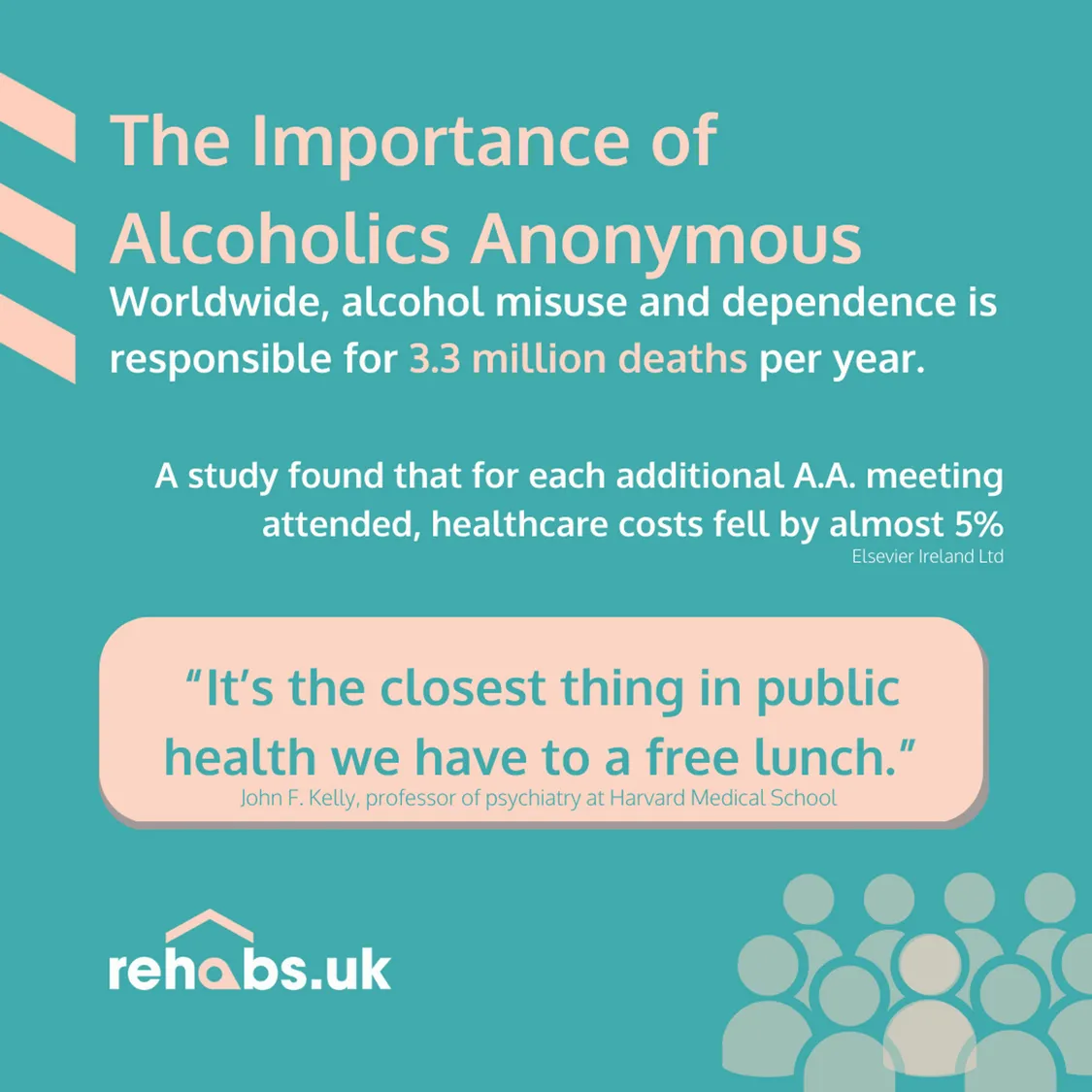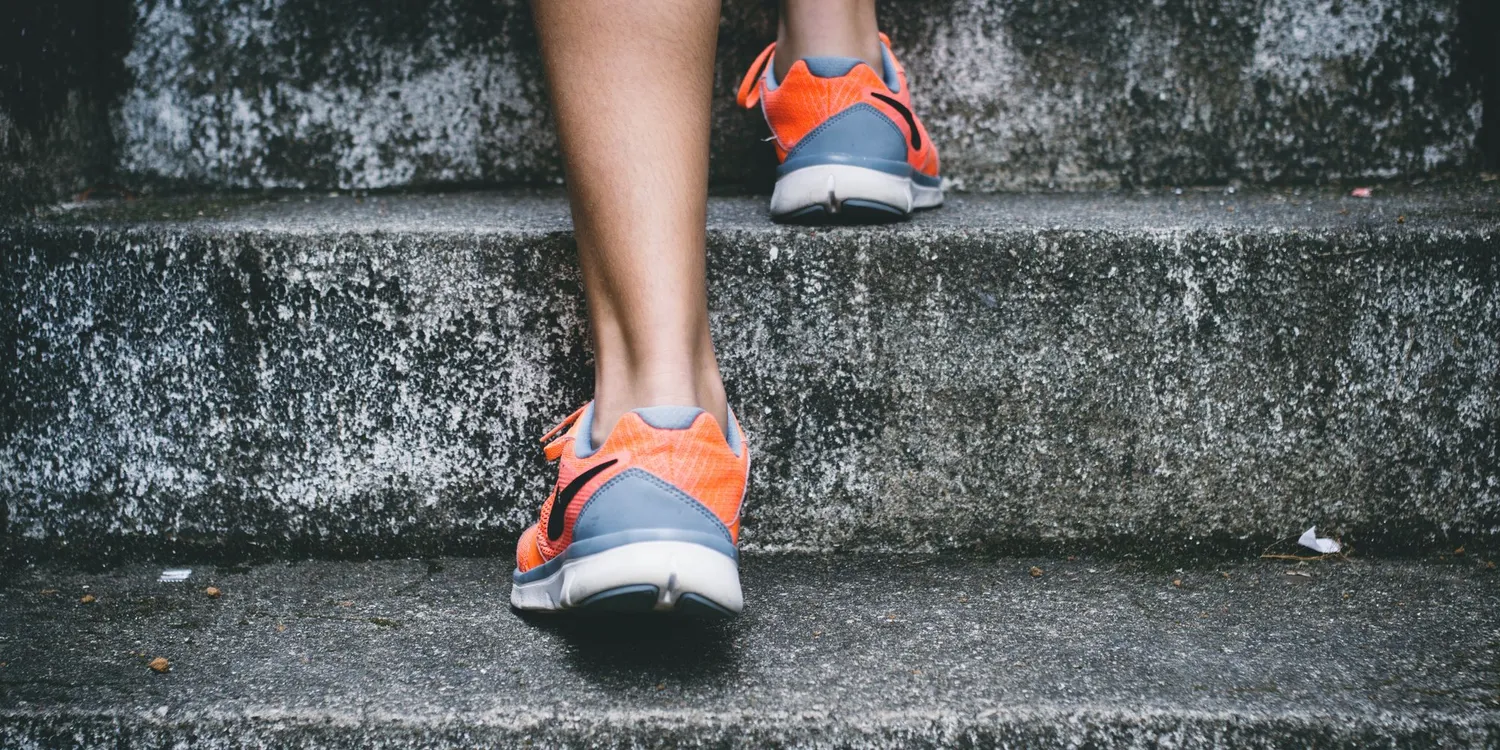15 Mar 2023
What is the 12-Step Programme?
The 12-Step Programme is a set of guiding principles and actions used by various addiction recovery groups to help individuals overcome addiction and achieve long-term sobriety. The 12 steps were originally developed by the founders of Alcoholics Anonymous (AA) in the 1930s and have since been adapted by other organisations, such as Narcotics Anonymous (NA), Cocaine Anonymous (CA), and others.
The success ratios for the 12-Step Programme are difficult to measure as there is no central database for tracking the progress of those who have participated in the programme. However, some studies have shown that individuals who participate in 12-step groups have a higher likelihood of achieving and maintaining sobriety compared to those who do not participate in any type of support group.
History of the 12-Step recovery
The 12-Step Programme was developed by Bill Wilson and Dr. Bob Smith in the 1930s as a means to help individuals overcome alcohol addiction. The two men founded Alcoholics Anonymous (AA), which remains one of the most well-known 12-step groups today. The 12 steps were based on Wilson's own experiences with addiction and his study of various spiritual texts.
Over the years, the 12-Step Programme has been adapted and adopted by a variety of addiction recovery organisations, including Narcotics Anonymous (NA) and Cocaine Anonymous (CA), among others.
Different types of 12-step groups in addiction treatment
There are many different types of 12-step groups that can be used in addiction treatment, each with its own unique focus. Some of the most well-known groups include:
- Alcoholics Anonymous (AA)
- Narcotics Anonymous (NA)
- Cocaine Anonymous (CA)
- Crystal Meth Anonymous (CMA)
- Heroin Anonymous (HA)
- Marijuana Anonymous (MA)
- Overeaters Anonymous (OA)
- Sex Addicts Anonymous (SAA)
- Gamblers Anonymous (GA)
Each group has its own specific focus, but all are based on the 12-Step Programme and aim to provide a supportive community for individuals in recovery.
What are the 12 steps and how do they work?
The 12 steps are a set of guiding principles and actions that individuals can follow to achieve and maintain sobriety. Here is a brief overview of each step:
- We admitted we were powerless over [substance or behaviour]—that our lives had become unmanageable.
- Came to believe that a Power greater than ourselves could restore us to sanity.
- Made a decision to turn our will and our lives over to the care of God as we understood Him.
- Made a searching and fearless moral inventory of ourselves.
- Admitted to God, to ourselves, and to another human being the exact nature of our wrongs.
- We’re entirely ready to have God remove all these defects of character.
- Humbly asked Him to remove our shortcomings.
- Made a list of all persons we had harmed and became willing to make amends to them all.
- Made direct amends to such people wherever possible, except when to do so would injure them or others.
- Continued to take personal inventory and when we were wrong promptly admitted it.
- Sought through prayer and meditation to improve our conscious contact with God as we understood Him, praying only for knowledge of His will for us and the power to carry that out.
- Having had a spiritual awakening as the result of these steps, we tried to carry this message to [other addicts or alcoholics], and to practice these principles in all our affairs.
The 12 steps are designed to help individuals overcome their addiction by recognising their power. Although it references God, you do not have to be religious. Many just see this as a higher power or something bigger than themselves in the world, for example, this could be nature or the sea etc.
How do sponsors work in 12-step recovery?
Sponsors are individuals who have completed the 12 steps and are available to provide guidance and support to those who are new to the programme or struggling with their recovery. Sponsors are typically assigned by a group or chosen by the individual seeking support. Sponsors provide a listening ear, advice, and accountability, and can help individuals navigate the 12 steps and develop a personalised plan for recovery.
Benefits of 12-step programmes
The 12-Step Programme has been shown to have many benefits for individuals in recovery, including:
- Supportive community: 12-step groups provide individuals with a supportive community of peers who are going through similar experiences.
- Increased accountability: The 12 steps provide a structured approach to recovery and help individuals stay accountable to their goals.
- Access to resources: 12-step groups often provide access to resources such as literature, speakers, and other forms of support.
- Spiritual growth and self-development: The 12 steps emphasise spiritual growth and provide individuals with an opportunity to develop a deeper sense of purpose and meaning in their lives.
- Improved mental health: Many individuals in recovery report improvements in their mental health, including reduced anxiety and depression, as a result of participating in 12-step groups.

Criticisms and why 12-step programme isn’t for everyone
Critics of the 12-Step Programme argue that it is too focused on a spiritual approach to recovery and may not be appropriate for individuals who do not subscribe to a higher power or who are not comfortable with the idea of surrendering control. Additionally, some argue that the emphasis on abstinence may not be appropriate for individuals who are using medications to manage their addiction.
Alternatives to the programme
There are many alternatives to the 12-Step Programme, including:
Cognitive-behavioural therapy (CBT)
Motivational interviewing (MI)
Dialectical behaviour therapy (DBT)
Mindfulness-based approaches
Medication-assisted treatment (MAT)
These approaches focus on addressing the underlying psychological and physiological factors that contribute to addiction and provide individuals with the tools and resources they need to achieve and maintain sobriety.
Need help to find the right treatment?
If you or someone you know is struggling with addiction, it can be difficult to know where to turn for help. Rehabs UK is available to provide advice and guidance on the various treatment options available, including the 12-Step Programme and alternative approaches. Contact Rehabs UK today to learn more about detoxing and treatment options available to you.
